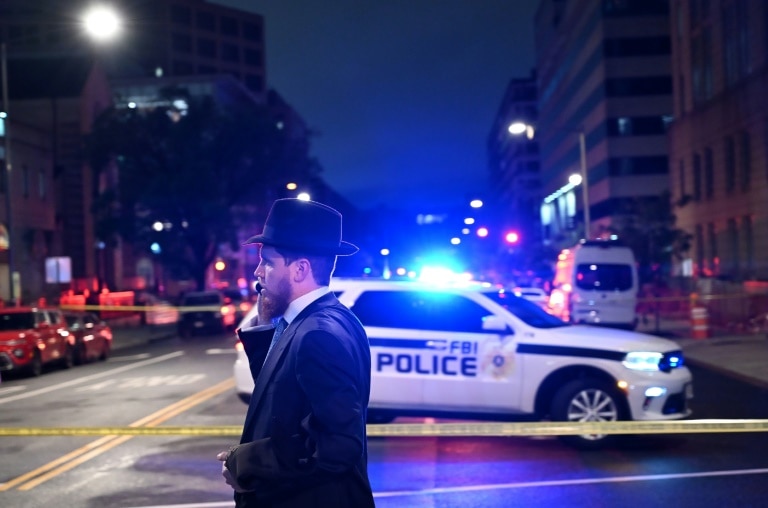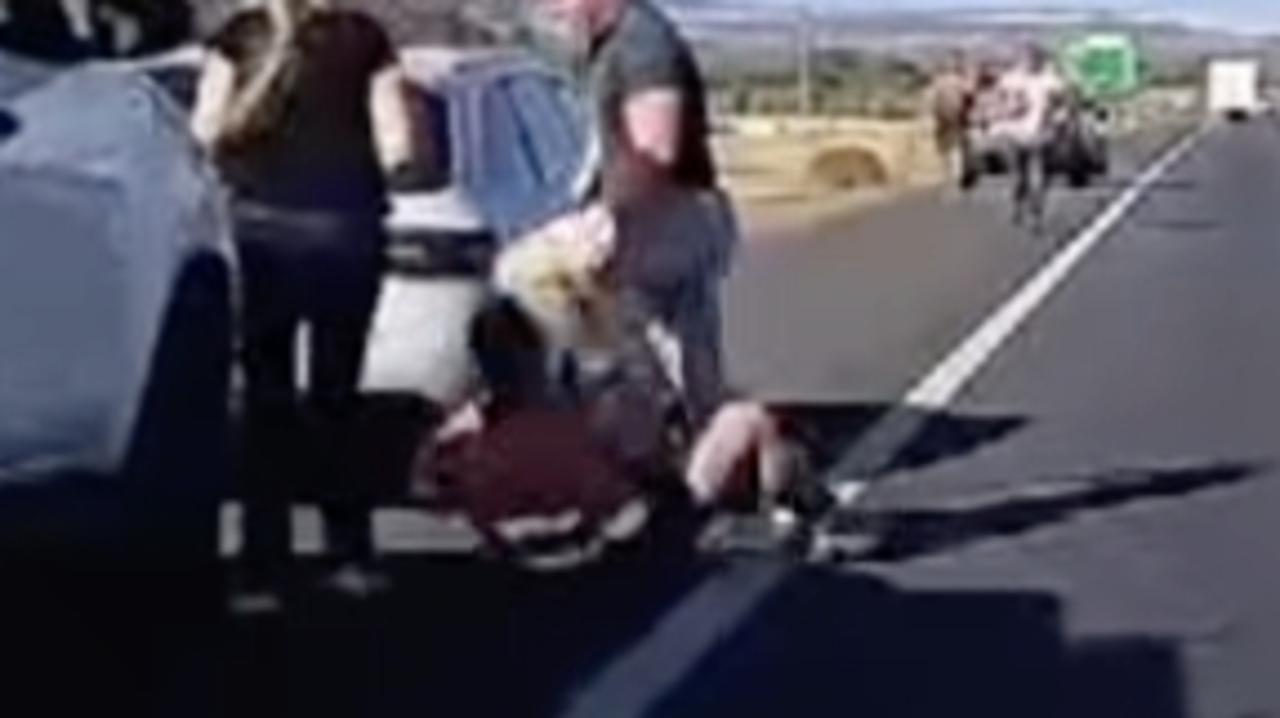‘Grave concern’ over witnesses attempting to avoid Dural caravan inquiry
An inquiry into the Dural caravan hoax and controversial anti-hate laws has been told of “grave concerns” about witnesses attempting to avoid appearing.
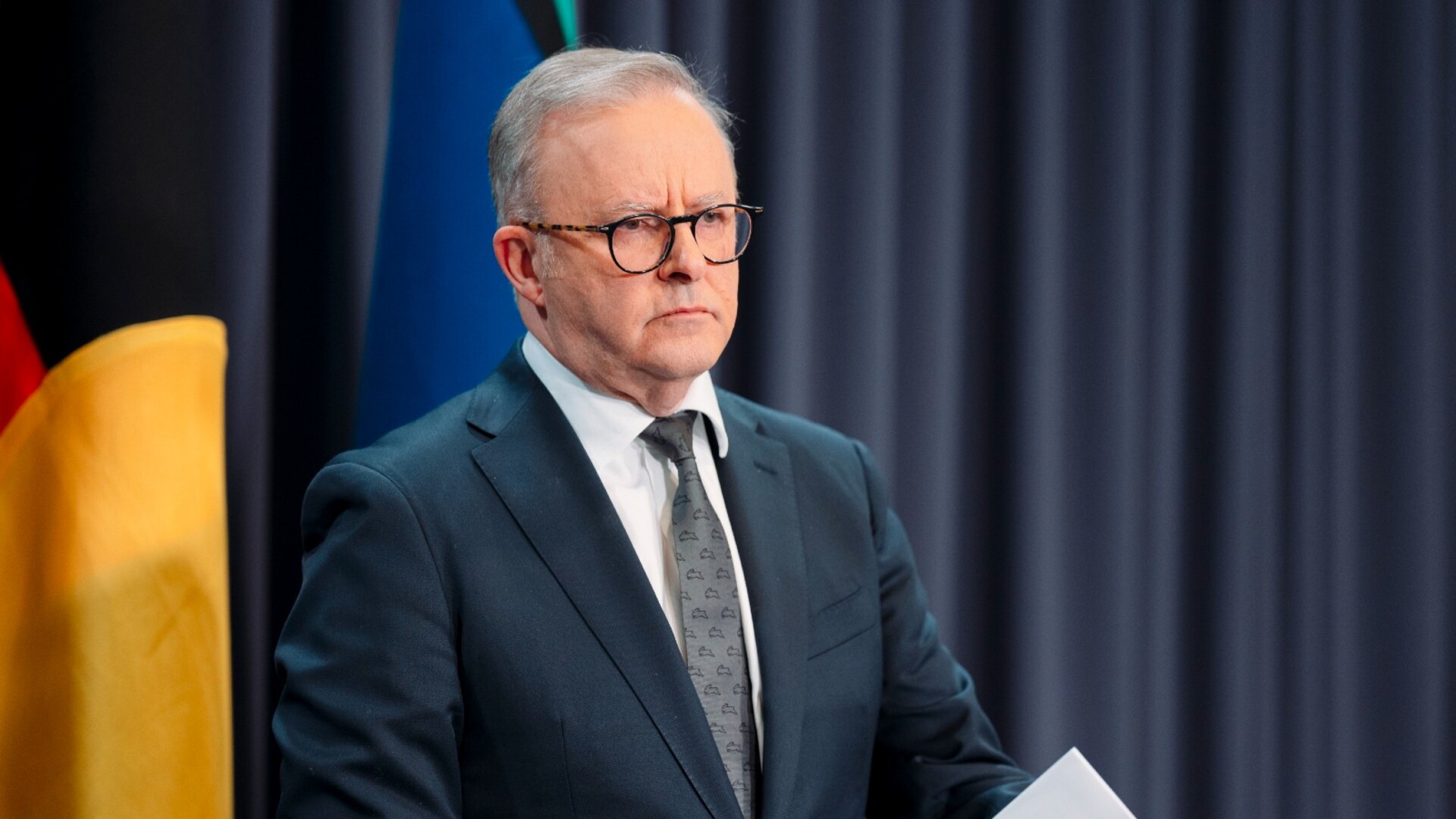
Breaking News
Don't miss out on the headlines from Breaking News. Followed categories will be added to My News.
Independent MLC Rod Roberts has told an inquiry into the Dural caravan incident and the passage of controversial new laws that he has “serious and grave concern” that witnesses are trying to avoid appearing.
The second hearing of the select committee inquiry into the relationship between the Dural caravan hoax and debate on the NSW government’s controversial anti-hate laws began on Thursday.
The inquiry seeks to establish who knew what and when about the caravan filled with explosives in Sydney’s northwest, including NSW Premier Chris Minns and Police Minister Yasmin Catley, and any reference to it in briefings for the new laws.
The controversial suite of laws, introduced and passed by NSW parliament within two weeks in February, outlaw most protest activities outside places of worship, among other measures.
Mr Roberts told the committee that he “held serious and grave concerns about the attempts of some witnesses to avoid appearing before this committee”.
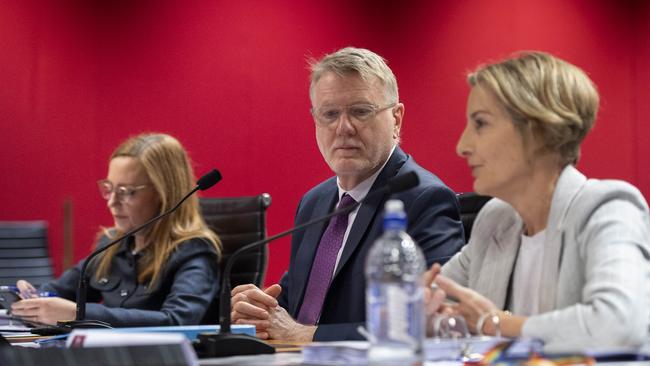
“This committee has determined that it wishes, and in fact needs, to hear and take evidence from certain individuals,” he said.
“It is apparent there has been attempts by some to hinder and frustrate the work of this committee by declining to attend, using spurious and tenuous arguments.
“It is the duty of the Legislative Council, and therefore its committees, to hold the government of the day to account. It is our role to review process and executive activities.
“A strong house of review is fundamental for maintaining democracy.
“One would think that an accountable government would willingly co-operate with alleged council committee and not proper, weak and insubstantial assertions as reasons not to attend and co-operate.”
Three leading figures working behind the scenes at Mr Minns’ office gave evidence, including Premier’s Department secretary Simon Draper, deputy secretary Kate Meagher, and Cabinet Office secretary Kate Boyd.
During the proceedings, Nationals MLC Wes Fang produced a letter he said was sent from the Cabinet Office General Counsel deputy secretary Matt Richards on May 19, indicating the trio were “seeking not to appear”.
In response, Ms Boyd told the inquiry: “I don’t think we were seeking not to appear.
“I think the letter makes clear that we were happy to postpone or delay our appearance pending the resolution of these serious matters between the houses, so I think that’s how I would paraphrase it.”
The inquiry was told the Speaker had “appealed to the Premier that the executive not accede to any requests from this committee until they’d had a chance to have a look at the issues”.
“So we were all aware that that was coming,” Ms Boyd said.
The inquiry was further told the Speaker had received a response from the Premier, and that Ms Boyd had “advised the (Premier’s office) that we intended to write to the committee in these terms”.
The timing of initial discussions into the anti-hate laws was also raised during Thursday’s session, with Ms Boyd stating the state government requested and was provided advice in December, 2024.
Asked if she would describe the Dural caravan incident having “accelerated” discussions about the laws, Ms Boyd said “I would” and that advice was asked for after the October 7, 2023 attack in Israel.
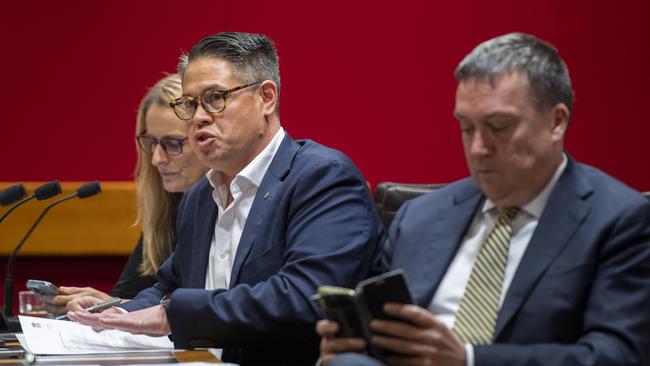
“To the best of my recollection, we were asked for advice following October 7 and in the context of an escalating spate of anti-Semitic incidents around the law reform response to help address this issue, and that occurred in late-2024.
“The caravan incident was not a feature of that request.”
Who knew what and when
The three leading figures working behind the scenes in Mr Minns’ office and in cabinet were grilled on Thursday by the committee over what was said by who, and when, following the caravan’s discovery.
Of particular focus were Mr Minns’ briefings with the NSW Police Force.
Department secretary Simon Draper, who returned from leave the day the caravan discovery was leaked, told the inquiry that it was regular practice for minutes not to be taken of “every discussion that happens”.
No one who gave evidence to the inquiry on Thursday could recall if, or what, Mr Minns asked during his briefings with NSW Police, in particular a briefing on January 23.
Deputy secretary Kate Meagher told the inquiry that she could not recall if NSW Police Deputy Commissioner David Hudson had given the impression that the explosives-laden caravan could be the subject of a criminal conspiracy.
“But, I do recall that it was definitely presented in that meeting as something that could have had the potential to cause a mass casualty event, and where we were sitting looking at the number of incidents that had been escalating, that was definitely my takeout,” Ms Meagher said.
Mr Draper said of a subsequent briefing on February 3 that while it “may have been hoped by those in attendance that we could get more conclusive information”, the information provided by Mr Hudson was mostly the procedure of the case and reassures “the Premier and the minister that they were being diligent, that the investigation was progressing given the high level of public interest in the investigation”.
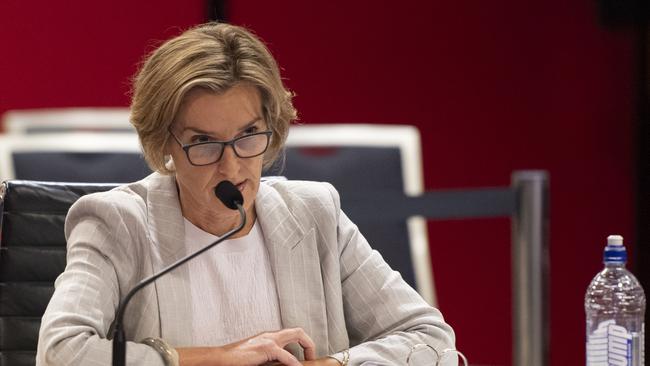
“I don’t recall there were any conclusions or views put about at that stage about the nature of the event, but what I took away from it was they (police) were trying hard to keep an open mind.
“Albeit that there were a number of possibilities, including that it was a premeditated terrorist-type incident but also a possibility that it was, I think the terms that they would have used were sort of an attempt to manipulate the justice system to get some benefits in the justice system.
“The police have a lot of experience with that, and so it seemed to me very wise that they would keep an open mind about that.”
Mr Draper told the committee there was “no question” the attacks over the past summer were anti-Semitic and “any attempt to allay fears in the community would have been premature”.
The explosives-laden caravan was discovered by police on January 19 – which was later leaked to the press – with the inquiry previously told a note was found inside the caravan referencing the Great Synagogue.
Mr Minns later said police may have prevented a “mass casualty event”.
It’s those comments, and the response by police and political leaders, that sparked controversy, especially after the laws passed and the revelation that the van was an alleged conspiracy.
The Greens and members of the crossbench joined civil society groups such as the NSW Council for Civil Liberties in calling for the inquiry, with the latter slamming the laws as being repressive.
The first hearing in April heard evidence from senior police, including NSW Police Commissioner Karen Webb and Mr Hudson, about their briefings on the Dural caravan.
Mr Hudson told the inquiry the source behind the terrorism plot theory was not discredited until February 21, the day after the laws were passed.
Originally published as ‘Grave concern’ over witnesses attempting to avoid Dural caravan inquiry

